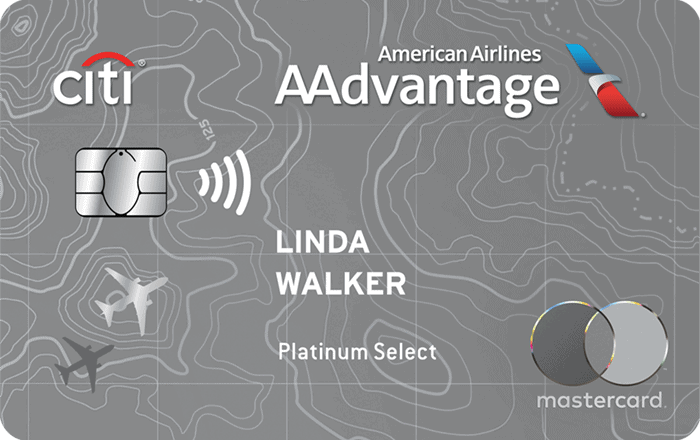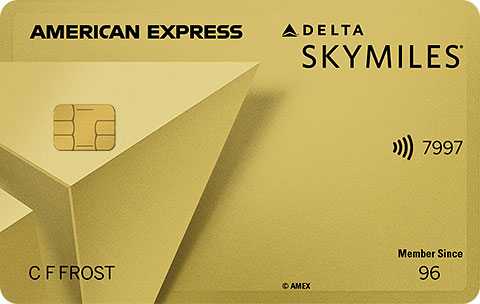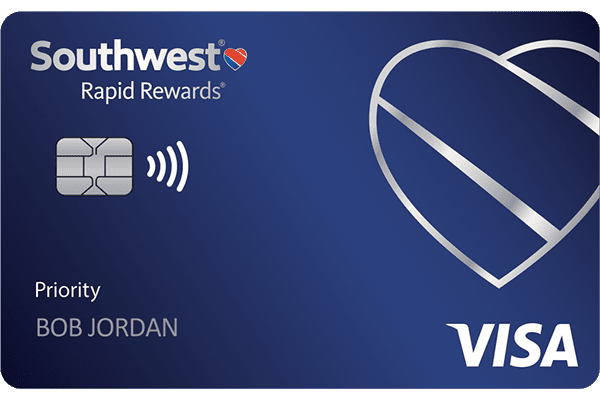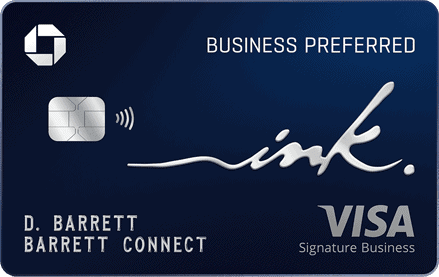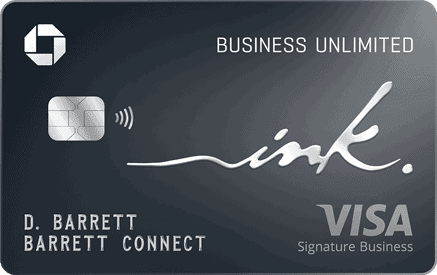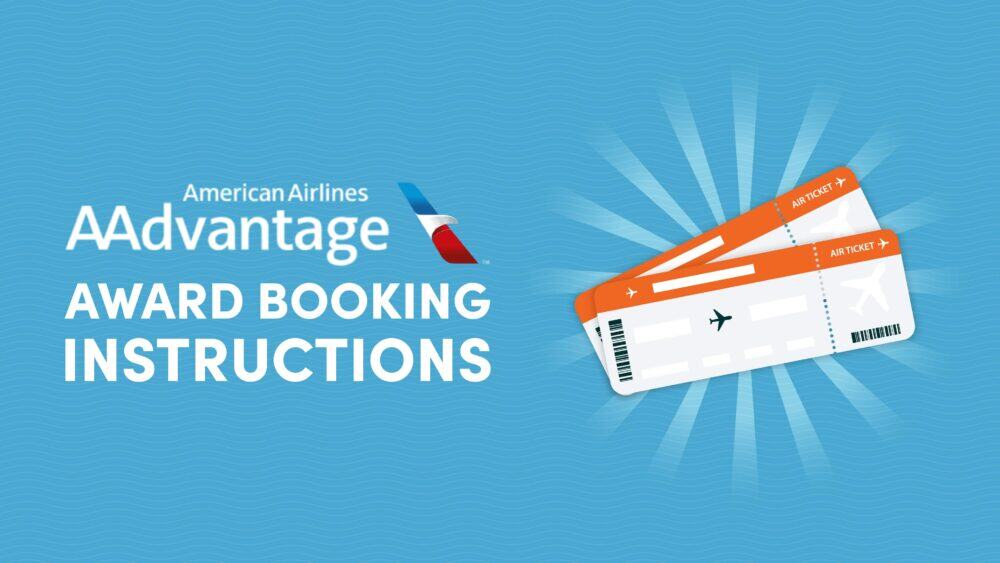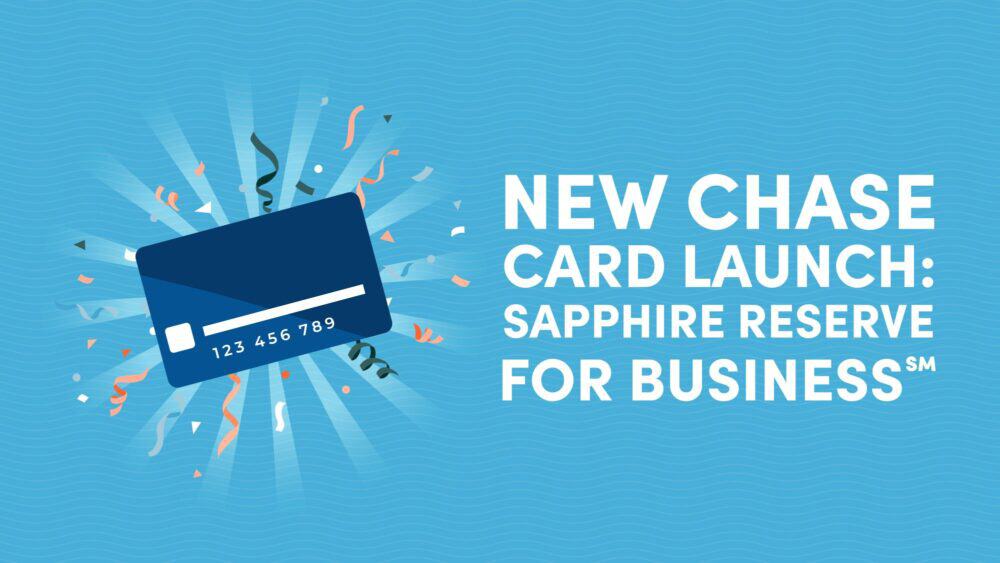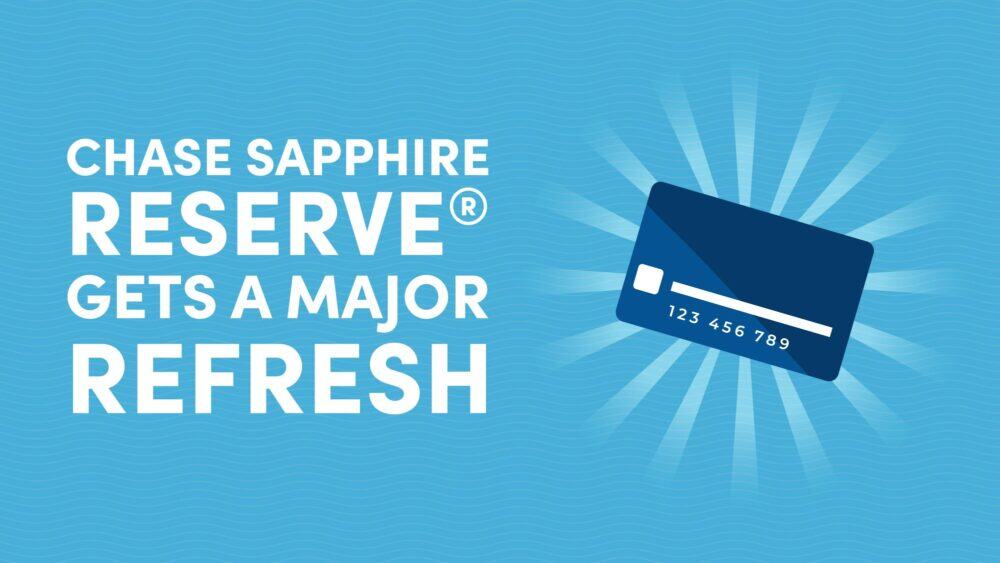
10xTravel is part of an affiliate sales network and receives compensation for sending traffic to partner sites, such as CreditCards.com. This compensation may impact how and where links appear on this site. This site does not include all financial companies or all available financial offers. Terms apply to American Express benefits and offers. Enrollment may be required for select American Express benefits and offers. Visit americanexpress.com to learn more.
Note: Some of the offers mentioned below may have changed or may no longer be available. The content on this page is accurate as of the posting date; however, some of our partner offers may have expired. You can view current offers here.
Editors Note: All information about The American Express Green Card has been collected independently by 10xTravel. The American Express Green Card is no longer available through 10xTravel. The Citi Premier Card is no longer available to new applicants.
If you’re brand new to the world of travel credit cards, it’s easy to get overwhelmed and not be sure where to start. In this article, we’ll outline some of the best travel credit cards for beginners, depending on your travel goals.
Do you want to earn points for free travel, or enjoy perks when traveling on a particular airline? Or are you completely new to credit cards and looking for a starter card that you can leverage for free travel in the future? No matter which of these is the case, there’s a credit card that’s right for you.
If you haven’t already done so, we recommend taking our free course that’s filled with all the necessary information to get started with travel credit cards. This course is incredibly helpful in preparing you for the points and miles hobby and for preventing you from making many of the beginner mistakes we made.
A quick note before we get started: many of the best travel credit cards are offered by Chase, which has a strict rule for new accounts, known as the 5/24 rule. If you’ve opened five or more new credit cards (with any bank) within the last 24 months, you will not be approved for a new Chase credit card. This means that if any Chase cards align with your travel goals, you should consider opening those cards first before moving on to cards from other issuers. Check out this guide for more information.
If this is you: I want to earn points for free travel.
American Express, Capital One, Chase and Citibank each have their own rewards programs which allow you to transfer points to various partner airlines. You can also redeem points directly for travel at a fixed redemption rate, which can be useful when ticket prices are low – especially since you’ll also earn miles for tickets purchased this way.
American Express Membership Rewards
American Express has the widest variety of transfer partners, including Delta and Hawaiian as well as a number of foreign airlines like British Airways, Avianca, Air Canada, Air France-KLM, and Virgin Atlantic. This gives you the ability to book flights on every major US airline (except Southwest) as well as a huge number of foreign carriers.
The American Express Green Card is a great option for beginners – you’ll earn 3 points per dollar spent on restaurants, travel and transit. It also has a $100 annual credit toward CLEAR enrollment for expedited security screening at select airports and event venues, and a credit for up to $100 towards airport lounge passes with LoungeBuddy. The card also includes key travel protections including trip delay coverage, rental car loss and damage insurance, and baggage insurance. It has a $150 annual fee.
The American Express® Gold Card is also a solid choice, and may make more sense depending on your spending patterns. It earns 4X points per dollar spent at restaurants (up to $50,000 in purchases per year, 1x thereafter), and U.S. supermarkets (up to $25,000 in purchases per year, 1x thereafter), 3X points per dollar spent on air travel and a monthly credit up to $10 toward select restaurants and delivery services including Grubhub. The card has a $325 annual fee. (Rates and fees)
You may be eligible for as high as 100,000
Membership Rewards® Points
after you spend $6,000 in eligible purchases on your new Card in your first 6 months of Card Membership. Welcome offers vary and you may not be eligible for an offer. Apply to know if you’re approved and find out your exact welcome offer amount – all with no credit score impact. If you’re approved and choose to accept the Card, your score may be impacted.
Annual Fee:
$325

Chase Ultimate Rewards
Chase has the smallest number of transfer partners, but includes unique and valuable partners like United, Southwest and Hyatt. The Chase Sapphire Preferred® Card card earns 2X points per dollar spent on travel, 3X on restaurants, and includes a host of valuable benefits like trip delay protection, baggage insurance and rental car protection. It has a $95 annual fee.
More frequent travelers should consider the Chase Sapphire Reserve® – while it has a hefty $795 annual fee, it also comes with a significant slate of refreshed perks including an annual $300 travel credit, new hotel and dining credits, up to 8x points on travel and 3x on dining, a statement credit for Global Entry, TSA PreCheck, or NEXUS enrollment, and expanded access to airport lounges including Priority Pass and the new Chase Sapphire Lounges by The Club.
Chase Sapphire Preferred® Card
75,000
bonus points
after you spend $5,000 on purchases in the first 3 months from account opening.
Annual Fee: $95
Earn 100,000
bonus points + $500 Chase Travel℠ promo credit
after you spend $5,000 on purchases in the first 3 months from account opening.
Annual Fee: $795
Citi ThankYou Points
Citi has a range of unusual partner airlines that unlock some excellent points redemption opportunities, including Avianca and Turkish Airlines (both good for United and other Star Alliance airlines) and Air France/KLM and Virgin Atlantic (good for Delta). Since virtually all of its partners are not US airlines, these points take a bit more work to understand but the rewards can be significant.
A good place to start is the Citi Premier® card, which recently underwent some changes. It earns 3X points per dollar spent on air travel, hotels, rental cars, restaurants (including takeout) and supermarkets. This wide range of categories makes it a solid card for everyday spending.
Capital One
Capital One partners with a variety of international airline and hotel partners, but because their cards have no bonus categories (you get 1.25-2.0 points per dollar depending on the card) and the redemption options are more complex than other programs (2 Capital One miles gets you between 1 and 1.5 miles depending on the partner), it’s not the ideal place to start for beginners.
If this is you: I fly one airline most of the time, and want to get discounts and perks when traveling.
While airline loyalty doesn’t make sense for most people, there are plenty of travelers who find themselves flying one airline most of the time for one reason or another. If that’s the case for you, almost every airline has at least one credit card that gives you benefits when traveling with that airline.
American
American offers several credit cards with both Citibank and Barclays, including two very similar cards that are a good option for first-timers: the Citi® / AAdvantage® Platinum Select® World Elite Mastercard® and the AAdvantage Aviator Red World Elite Mastercard from Barclays.
- Both cards have a $99 annual fee and offer a free checked bag, priority boarding, a 25% discount on inflight food and beverages, access to discounted mileage awards and 2X miles per dollar spent on American Airlines purchases.
- The Barclays card also offers a $25 annual statement credit for in-flight WiFi purchases, while the Citi card offers 2X miles per dollar spent on restaurants and gas stations.
- While both cards offer 60,000 bonus miles for new accounts, Citi requires $2,500 in spending within three months to get those miles, while Barclays just requires that you make a single purchase and pay the annual fee.
Citi® / AAdvantage® Platinum Select® World Elite Mastercard®
Earn 50,000
American Airlines AAdvantage® bonus miles
after $2,500 in purchases within the first 3 months of account opening.
Annual Fee: $99, waived for the first 12 months
Delta
Delta flyers can choose between three personal credit cards offered by American Express, which mostly offer similar benefits. All of the Delta cards offer a free checked bag and priority boarding.
- The Delta SkyMiles® Gold American Express Card is best for most people, with a $0 introductory annual fee for the first year ($150 thereafter, rates and fees), 2X miles per dollar on restaurant and U.S. supermarkets purchases.
- The more expensive Delta SkyMiles® Platinum American Express Card ($350 annual fee, rates and fees) adds an annual companion certificate (valid for select fares) which could be valuable depending on your travel plans.
Delta SkyMiles® Gold American Express Card
80,000
Bonus Miles
after you spend $3,000 in eligible purchases on your new Card in your first 6 months of Card Membership.
Annual Fee:
$0 introductory annual fee for your first year, then $150.
Delta SkyMiles® Platinum American Express Card
90,000
Bonus Miles
after you spend $4,000 in eligible purchases on your new Card in your first 6 months of Card Membership
Annual Fee:
$350
United
United travelers should look at the United℠ Explorer Card, which offers a free checked bag, priority boarding, a 25% discount on in-flight food, beverage, and WiFi purchases, a statement credit for Global Entry or TSA PreCheck enrollment, and enhanced availability for economy award tickets – making it easier to use your miles. You’ll also get 2X miles per dollar spent on restaurants, hotels and purchases with United (1 mile per dollar everywhere else). The card has no annual fee for the first year, then costs $95 per year.
Limited-Time Offer: Earn 60,000
Bonus Miles
after you spend $3,000 on purchases in the first 3 months your account is open.
Annual Fee: $0 for your first year, then $150.
Southwest
Southwest frequent flyers have three credit cards to choose from, but the only one that offers significant benefits when traveling is the Southwest Rapid Rewards® Priority Credit Card. For a $149 annual fee, you get 4 upgraded boardings per year, a $75 annual Southwest travel credit, 7,500 bonus points every year and 2X miles per dollar spent on Southwest and its hotel and rental car partners (1 mile per dollar everywhere else).
The information for the Southwest Rapid Rewards Premier Credit Card has been collected independently by 10XTravel.com. The card details on this page have not been reviewed or provided by the card issuer.
Southwest Rapid Rewards® Priority Credit Card
50,000
Bonus Points
after spending $1,000 on purchases in the first 3 month from account opening
Annual Fee: $149
Alaska
Alaska flyers should take a look at the Alaska Airlines Visa Signature Card from Bank of America, which offers a companion fare certificate upon opening and every year on your account anniversary – when you buy one paid ticket on Alaska, you can bring along a companion for $99 plus taxes and fees (starting at $22), with no blackout dates. You’ll also get a free checked bag and 3X miles per dollar spent on Alaska purchases (1 mile per dollar everywhere else). The card has a $99 annual fee.
JetBlue
JetBlue passengers should consider the Jetblue Plus Card from Barclays, which offers a free checked bag, 50% off in-flight food and drinks, a 10% rebate on points redemptions, 5,000 bonus points on your account anniversary, and a $100 annual statement credit towards JetBlue Vacations purchase. You’ll also get 6X points per dollar spent on JetBlue purchases, 2X points per dollar spent on restaurants and grocery stores, and 1 point everywhere else. The card has a $99 annual fee.
Spirit
Spirit travelers can check out the Spirit Airlines World Mastercard from Bank of America, which offers priority boarding and check-in, access to lower-priced award tickets (starting at 2,500 miles one way), and an easy way to avoid Spirit’s draconian three-month mileage expiration policy. There’s no annual fee for the first year, and afterwards it is $59.
If this is you: I don’t have a credit history or I’m not sure about paying an annual fee.
Most travel rewards credit cards are aimed toward customers with established credit and a good credit score. If you’re totally new to credit cards or you have less than perfect credit – or you just aren’t sure you want to commit to an annual fee – each of the banks with transferable points programs also have entry-level cards that you can start earning rewards with and then combine with a premium card in the future.
Chase
Chase offers two no-annual-fee cashback credit cards linked to the Ultimate Rewards Program. The Chase Freedom Unlimited® earns 1.5% cash back everywhere, while the Chase Freedom Flex® earns 5% cash back on travel purchased through Chase Travel℠, 3% cash back on dining at restaurants including take out, 3% on drugstore purchases, and 5% on up to $1,500 in purchases in select categories that change every quarter.
Cash back earned with these cards can be transferred to Ultimate Rewards points (at a rate of 1 cent per point) and then transferred to airline partners as long as you have a Chase Sapphire Preferred, Chase Sapphire Reserve®, or Chase Ink Business Preferred® Credit Card.
$200
Bonus
after you spend $500 on purchases in your first 3 months from account opening
$200
Bonus
after you spend $500 on purchases in your first 3 months from account opening
Earn 100,000
bonus points + $500 Chase Travel℠ promo credit
after you spend $5,000 on purchases in the first 3 months from account opening.
Annual Fee: $795
Chase Ink Business Preferred® Credit Card
90,000
bonus points
after you spend $8,000 on purchases in the first 3 months after account opening.
Annual Fee: $95
Citi
Citi has the Citi Double Cash® card, which effectively earns 2% cash back everywhere (1% when you make your purchase and 1% when you pay off your statement). This cash back balance can be transferred to Citi ThankYou points at a rate of 1 point per dollar spent, and can be transferred to airline partners if you have a Citi Premier or Citi Prestige card.
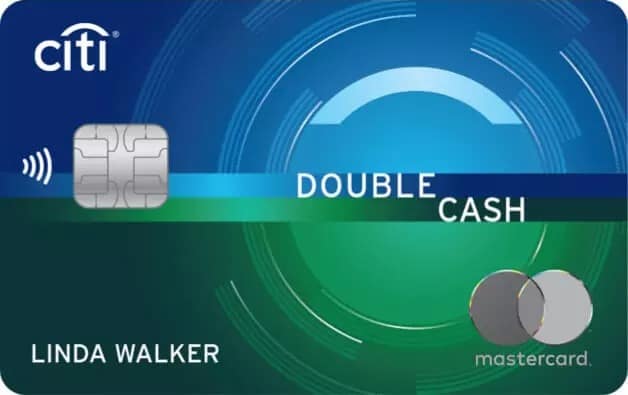
Citi Double Cash® Card
$200
cash back
after you spend $1,500 on purchases in the first 6 months of account opening. This bonus offer will be fulfilled as 20,000 ThankYou® Points, which can be redeemed for $200 cash back.
American Express
American Express offers the no-annual-fee Amex EveryDay® Credit Card, which offers 2X Membership Rewards points per dollar spent at U.S. supermarkets (up to $6,000 per year) and 1 point per dollar everywhere else, with a 20% bonus on points earned if you use the card at least 20 times during your statement period. This card is a full participant in the Membership Rewards program, so you don’t have to have any other credit card to transfer its points to airline partners.
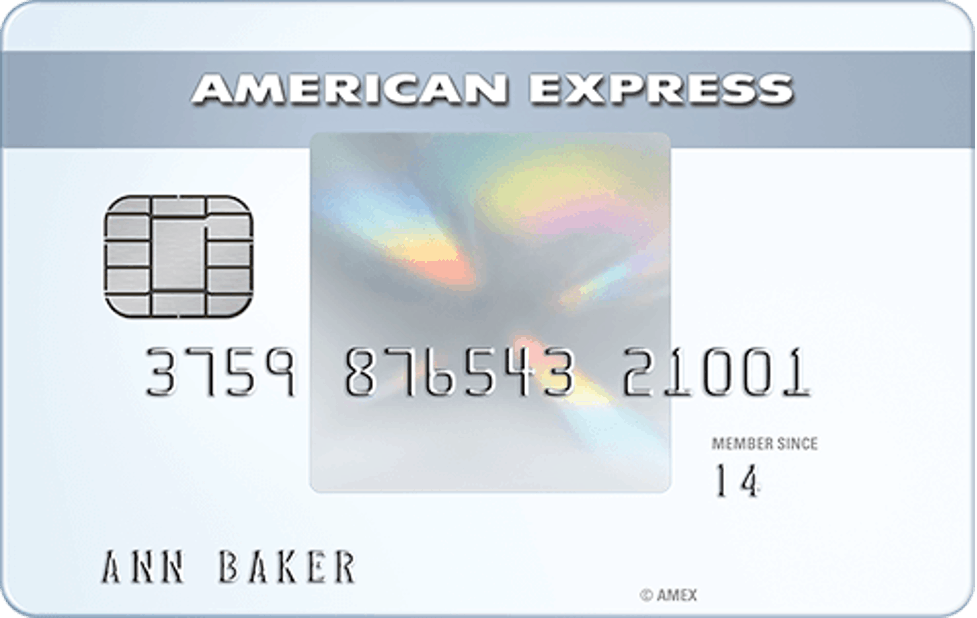
The Amex EveryDay® Card
Not available to new applicants
All information about The Amex EveryDay® Credit Card has been collected independently by 10xTravel. The Amex EveryDay® Credit Card is no longer available through 10xTravel.
Bottom Line
The world of credit card rewards for travelers can be overwhelming, but no matter what your travel goals are, there’s a credit card that’s right for you. The most important thing is to let your decisions be driven by your travel goals, not marketing campaigns or the cards that your friends are using.
New to the world of points and miles? The Chase Sapphire Preferred® Card is the best card to start with.
With a bonus of 75,000 bonus points after you spend $5,000 on purchases in the first 3 months from account opening. , 5x points on travel booked through Chase Travel℠ and 3x points on restaurants, streaming services, and online groceries (excluding Target, Walmart, and wholesale clubs), this card truly cannot be beat for getting started!
after you spend $6,000 in eligible purchases on your new Card in your first 6 months of Card Membership. Welcome offers vary and you may not be eligible for an offer. Apply to know if you’re approved and find out your exact welcome offer amount – all with no credit score impact. If you’re approved and choose to accept the Card, your score may be impacted.
after you spend $5,000 on purchases in the first 3 months from account opening.
after you spend $5,000 on purchases in the first 3 months from account opening.
after $2,500 in purchases within the first 3 months of account opening.
after you spend $3,000 in eligible purchases on your new Card in your first 6 months of Card Membership.
after you spend $4,000 in eligible purchases on your new Card in your first 6 months of Card Membership
after you spend $3,000 on purchases in the first 3 months your account is open.
after spending $1,000 on purchases in the first 3 month from account opening
after you spend $500 on purchases in your first 3 months from account opening
after you spend $500 on purchases in your first 3 months from account opening
after you spend $8,000 on purchases in the first 3 months after account opening.
after you spend $1,500 on purchases in the first 6 months of account opening. This bonus offer will be fulfilled as 20,000 ThankYou® Points, which can be redeemed for $200 cash back.
All information about The Amex EveryDay® Credit Card has been collected independently by 10xTravel. The Amex EveryDay® Credit Card is no longer available through 10xTravel.
Editors Note: Opinions expressed here are author’s alone, not those of any bank, credit card issuer, hotel, airline, or other entity. This content has not been reviewed, approved or otherwise endorsed by any of the entities included within the post.






